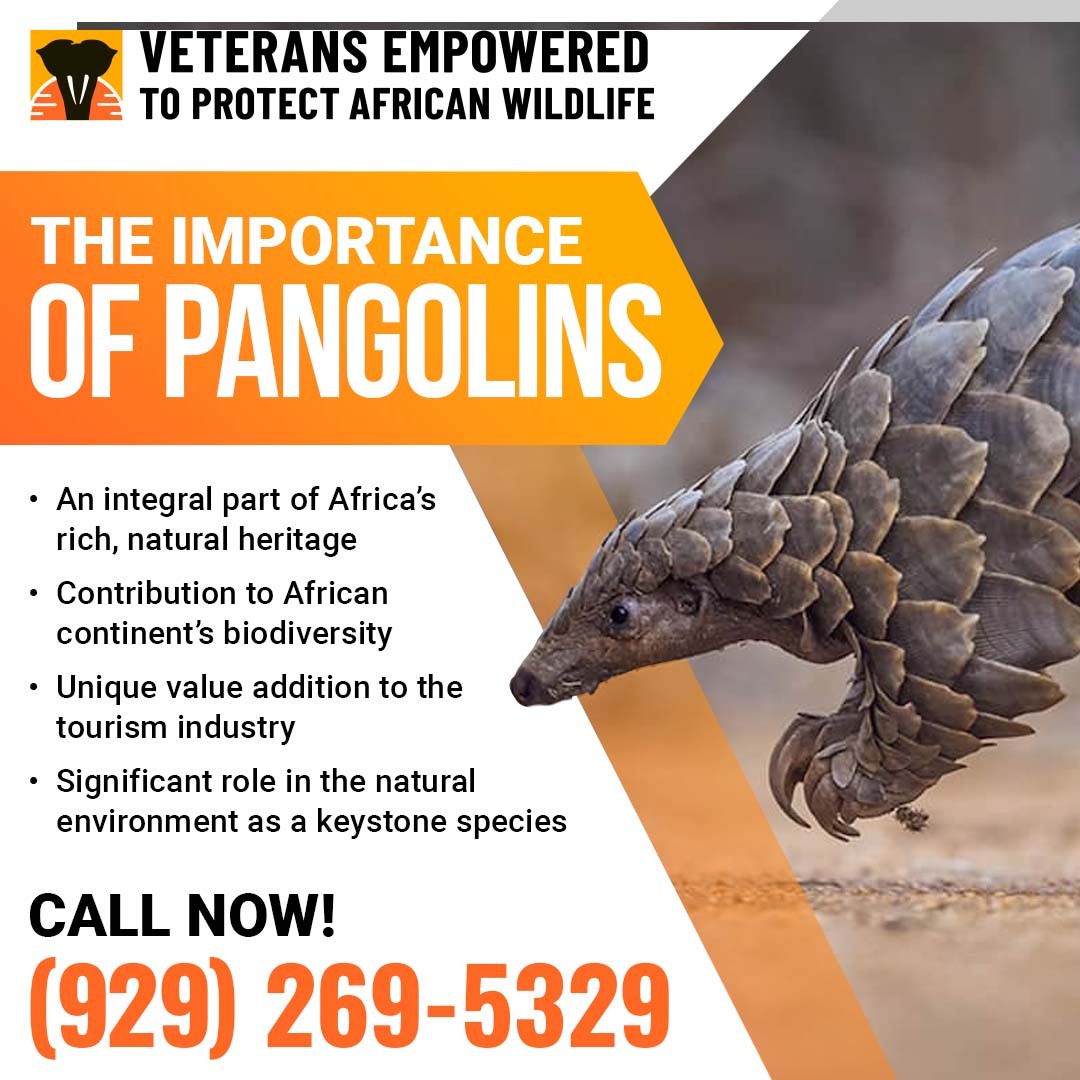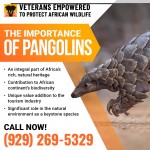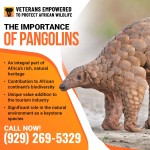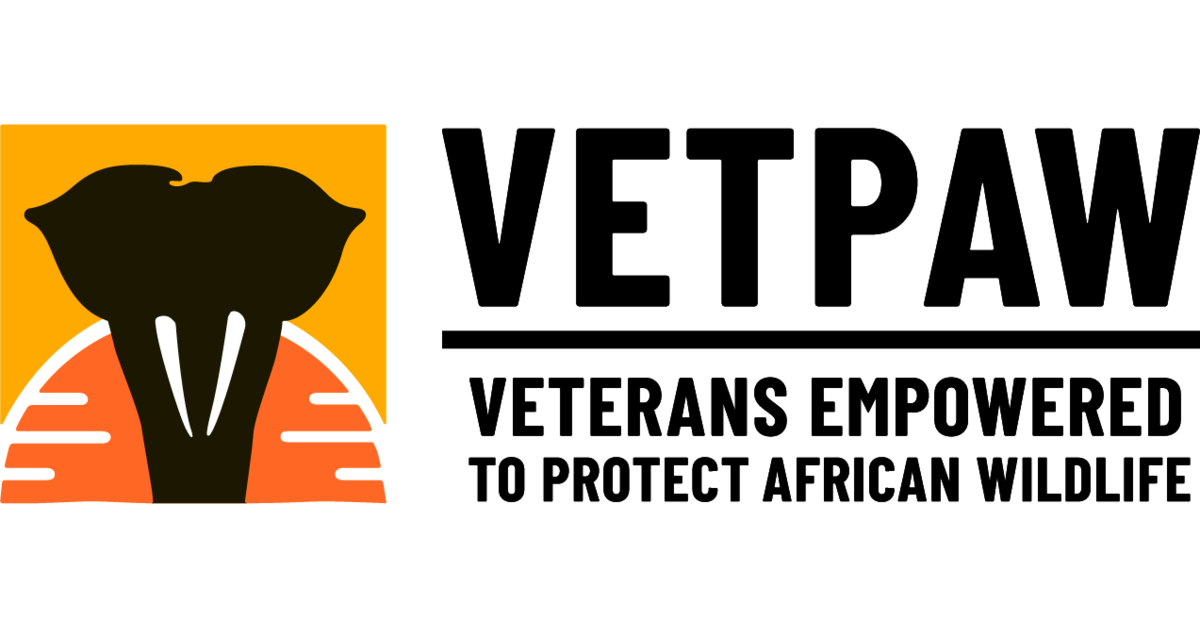Save the pangolin
The African pangolin, estimated to have been around for over 40 million years, is at the brink of extinction. VETPAW reviews some facts about the pangolin and why it is one of the most trafficked mammals in the world.

What is a pangolin?
Despite their reptilian-type appearance with overlapping scales, pangolins are actually mammals that can give birth to one pango-pup a year. There are eight different species of pangolin in the world, four of which are found in Asia while the other four occur in Africa. The word Pangolin comes from the Malay word ‘penggulung,’ meaning ‘roller’– referring to their self-defense. When threatened, they roll into a ball and their scales turn into impenetrable armor,
Pangolins are insectivores that use their extraordinarily long, sticky tongues to catch their primary prey - ants and termites. They lead secretive, solitary, and largely nocturnal lives due to which they are difficult to study and there isn’t a lot of research available on them yet.
The importance of pangolins:
- An integral part of Africa’s rich, natural heritage
- Contribution to African continent’s biodiversity
- Unique value addition to the tourism industry as it is one of the most sought-after animals to see on safari
- Significant role in the natural environment as a keystone species. With each pangolin consuming approximately 70 million ants and termites per year, the balance of insects is maintained and prevents damage to natural vegetation from an unchecked insect population. By burrowing insects in the ground, pangolins help aerate the soil, which is essential for plant germination.
Endangered Species
Two of the four African species – the Giant Ground Pangolin and the White-Bellied Pangolin – are listed as “endangered” on the Red Data List of the International Union of the Conservation of Nature (IUCN). The other two African species – Temminck’s Ground Pangolin and the White-Bellied Pangolin – are listed as “vulnerable”. This listing prohibits all international trade in specimens of the species, except for scientific purposes. However, in just ten years, more than 1 million pangolins have been illegally traded, which makes the pangolin the most trafficked mammal in the world. Here are the main causes of their endangerment:
- Poaching and hunting: One pangolin is being taken from the wild every five minutes due to a dramatic rise in the demand for pangolin in the African and Asian medicine markets. Their scales are used for traditional medicine, their meat is considered a high-end delicacy in China and Vietnam, and their blood is regarded as a healing tonic for various ailments in traditional Chinese medicine.
- Habitat loss: Due to the burgeoning human population, natural resources are under massive strain. Areas that were previously inaccessible have become accessible and are over-utilized. The improving infrastructure and urbanization have led to habitat loss, especially in West and Central Africa. Climate change also affects the availability of ants and termites - pangolin’s main diet.
- Electrified fences: This omnipresent feature in southern Africa inadvertently kills between 440 and 1190 pangolins every year. These accidental electrocutions are caused by the pangolin unwittingly rolling into a tight ball, which is their only defense, around the electrified wire after the initial shock. Since the underbelly is not protected by scales, the pangolin eventually succumbs to the electrocution.
- Other threats: Large predators, starvation, fires, and possibly disease pose a threat to wild pangolins as well but the main threat facing pangolins is of a human origin.
Awareness is the first step towards creating the change needed to turn the tide in favor of the pangolin and supporting the most critical environmental issues today. The VETPAW team is dedicated to creating awareness and conserving endangered species in Africa.

VETPAW - Veterans Empowered to Protect African Wildlife
Founded in 2013, VETPAW is a non-profit organization and a community of US war veterans dedicated to protecting African wildlife and training local African rangers in the war against poaching.


























